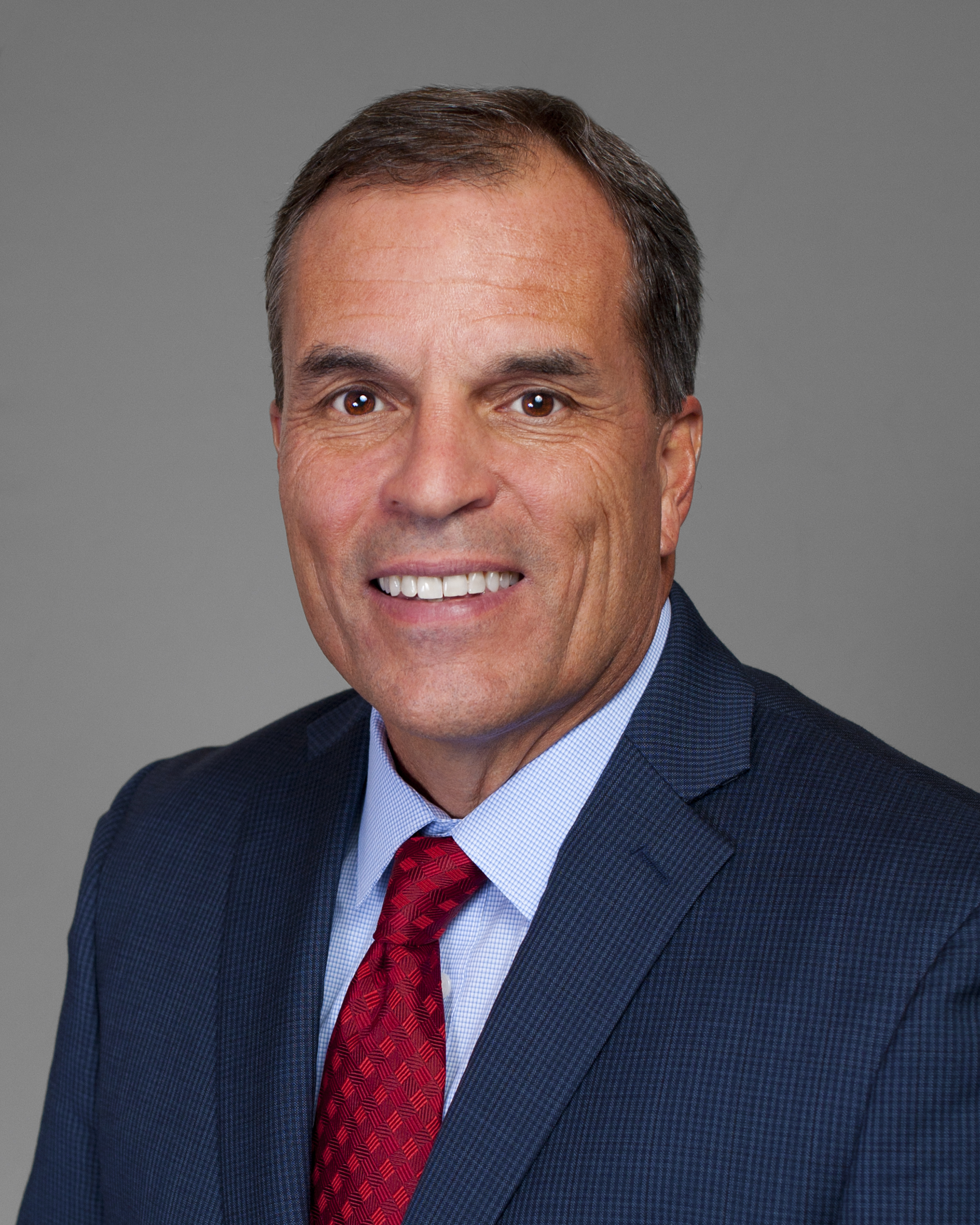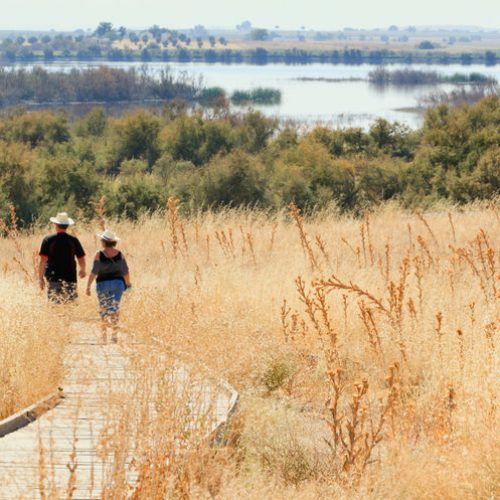In mid-May 2016, my travels took me to beautiful Seattle to lecture at a sports medicine conference put on by Group Health and my friend Dr. Rosemary Agostini. Rosemary is the chief of the Activity, Sports and Exercise Medicine department at Group Health. Located in downtown Seattle, Rosemary and her colleagues treat activity-related injuries in patients of all ages and activity levels. Their patients include people at any stage of fitness, with a focus on helping them get active and stay active. And I am very excited that come January 2017, Group Health will be joining Kaiser Permanente and become part of our expanding healthcare system!
The Seattle conference included a variety of topics around the theme of getting and keeping patients active. So I was honored speak about the importance of exercise to a healthy brain. Most people think that exercise mainly benefits the cardiovascular system by strengthening the heart. While this is certainly true, I believe that the most powerful benefit of regular exercise may in fact be on the brain. I say this because we have study after study showing that moderate daily exercise (like walking) is associated with better test scores in kids, less depression and anxiety in adults and significant reductions in the rates of Alzheimer’s disease in the elderly. Exercise has been shown to release a substance called BDNF (or Brain Derived Neurotrophic Factor) that is sort of like “Miracle Grow” to the cells in the brain.
Research using sophisticated MRI scanners has shown that in addition to the improvements in brain function I described, patients who engage in regular exercise actually experience growth of their brain tissue. Never before has there been a medication or treatment that could cause brain cells to grow. Rather it was believed you were born with a limited number of neurons and tended to lose them as we age. We now know that by exercising you can reverse damage done by head injury, strokes and even the effects of aging by increasing the levels of BDNF. So that is why we need to encourage walking to people of all ages. From kids, to adults to senior citizens, walking is the single best thing one can do to keep their brain healthy and their mind sharp.
Of course, while I was in Seattle I made sure to get my walking in. The weather was sunny and warm and I especially enjoyed going for a walk in Lincoln Park, right along the shores of the Puget Sound. There is nothing better than a relaxing walk to clear your mind and relax your body. So I hope you are taking the time to do the walking you need to keep your brain healthy and sharp.
Keep walking my friends!
Bob













